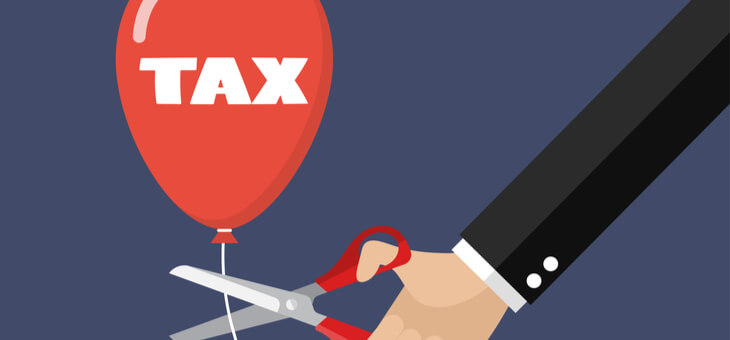Is there an argument for increasing Australia’s tax-free threshold?
But first, what is it? The tax-free threshold is the amount you can earn before the federal government starts applying an income tax. It is set at $18,200.
If you earn $18,200 or less, you still have to file a tax return. If you have paid tax during that period, it will be returned to you in your refund.
You can only claim it from one employer per financial year.
Financial support website savings.com.au has come out in support of increasing the tax-free threshold. It suggests raising the threshold to $25,000.
Read: New study calls for massive welfare reform via tax tweaks
The last big boost for the tax-free threshold was in the 2012–13 financial year when the then Labor government increased the level to $18,200 from $6000, the largest increase in the history of the threshold.
Despite the COVID lockdown, there is an argument that Australia is in a good financial position and could afford tax cuts for low-income earners.
According to Australian Bureau of Statistics (ABS) data as of December 2021, the Australian economy was 3.4 per cent larger than it was before the pandemic and the unemployment rate was 4.2 per cent, the lowest it’s been since 2008.
For a $25,000 tax-free threshold, someone earning $45,000 a year, that would put an extra $25 in their pocket each week.
Read: What you need to know about capital gains tax
H&R Block tax communication director Mark Chapman told savings.com.au it was time for action.
“The threshold has stayed static for a decade, so it’s beyond time for a further increase,” he said.
“Any increase would benefit low-income earners who are suffering more than any other group from the current cost of living crisis.
“In short, more people would be taken out of the tax net completely; exactly how many would depend on what it was increased to.”
However Australian Council of Social Services chief executive Dr Cassandra Goldie was less than impressed, saying low-income earners needed essential services and safety nets, not tax cuts.
Read: Stage three tax cuts to mainly benefit older Australians
“It would be a poorly targeted way to assist low-income wage earners,” she said.
“Instead of cutting taxes, which won’t help the 30 per cent of households on the lowest incomes struggling to pay rent and feed their families, the government should restructure them so that revenue is raised more fairly and efficiently.”
Australia relies heavily on income tax. It represents 42 per cent of tax revenue, compared to an average of 23 per cent in other OECD countries.
Dr Goldie said Australia needed to fundamentally reforms its taxation base.
“High priority should be given to reforms on investment incomes from property and shares, superannuation, the use of private companies and trusts to avoid tax, curbs on tax avoidance by multinational companies, and the removal of business tax concessions that are economically and environmentally harmful such as fossil fuels,” she said.
If you enjoy our content, don’t keep it to yourself. Share our free eNews with your friends and encourage them to sign up.

